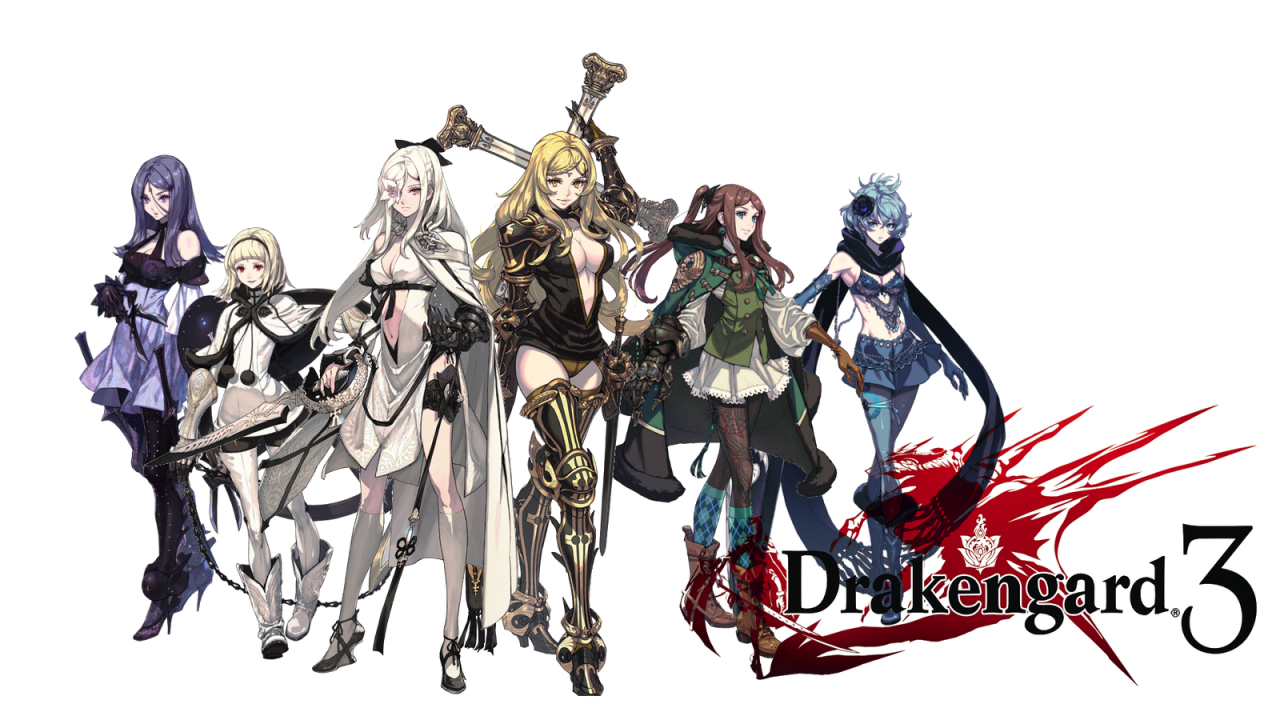Yoko Taro on Why NieR: Automata Protagonist 2B Wears High Heels: “I Just Really Like Girls”
So there have been a range of reactions to this, ranging from people celebrating that there is finally an auteur who can be honest about their decisions (rather than assuring us of the validity of breathing through one’s skin) to groans about how unsurprising given Taro’s last game (full size):

But really, this misses the larger conversation: In a medium where the people who are investing millions are understandably concerned about what they’re getting, what kind of decisions get approved and what kind get blocked?
- Nilin from Remember Me was denied a boyfriend because publishers were concerned her kissing a man would weird out straight male players.
- Dishonored 2 is clearly Emily Kaldwin’s story, but you can play as Corvo because Harvey Smith and the team missed him.
- Battlefield 1′s devs were told no female soldier options (besides one character in one campaign) because boys wouldn’t like it (also because “realism”).
- The original vision for Wal was far more empowered, but got toned down
- Countless non-sense female designs get turned into sexy lady designs courtesy of Creepy Marketing Guy
Basically there are various creative decisions which will be green-lit without question (literally any excuse is good enough), but others which are dismissed or allowed a brief moment then cut down.
This is of course, why Taro’s response has been so popular with a certain demographic who are generally desperately searching for any sort of support for their sense of entitlement.
The fantasy that these decisions are just a whim of the creator are akin to the idea that if people don’t like it, they can just go make their own.
– wincenworks
While refreshing honesty about what you’re selling is always preferable to nonsensical excuses (like the distraction bonus or the character agency), “I just really like girls” still is not a valid answer to anything else than a question regarding one’s sexual/romantic preference.
For such a short sentence, it also carries a lot of unfortunate subtext.
- Like the implication that sexualizing female characters is okay, as long as you admit to liking girls/women, as if creator’s sexuality made any difference in this context.
- Which also suggests that attraction to girls naturally leads to perpetuating female objectification, even though numerous creative people who are into women somehow manage to make projects without it.
- Or just the fact that justifying a very generically sexy female design with “liking girls” in general implies that she represents all girls/women, despite the fact that most women look nothing like her.
So yeah, pretending that artist’s personal preference is somehow a priority in a big commercial project, like a mainstream video game is a myth. “Unrestrained creative freedom” usually applies only to things believed to sell best.
~Ozzie